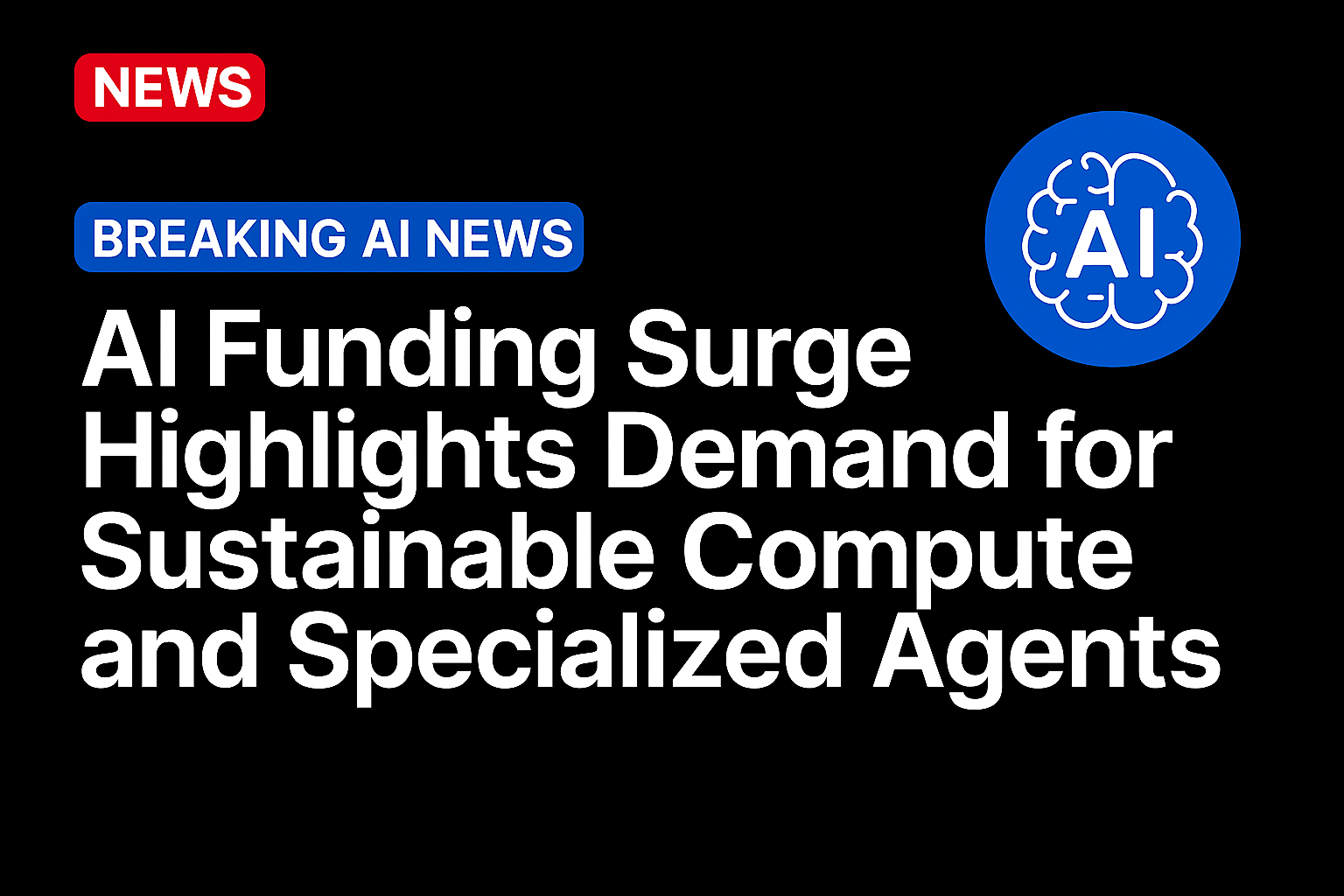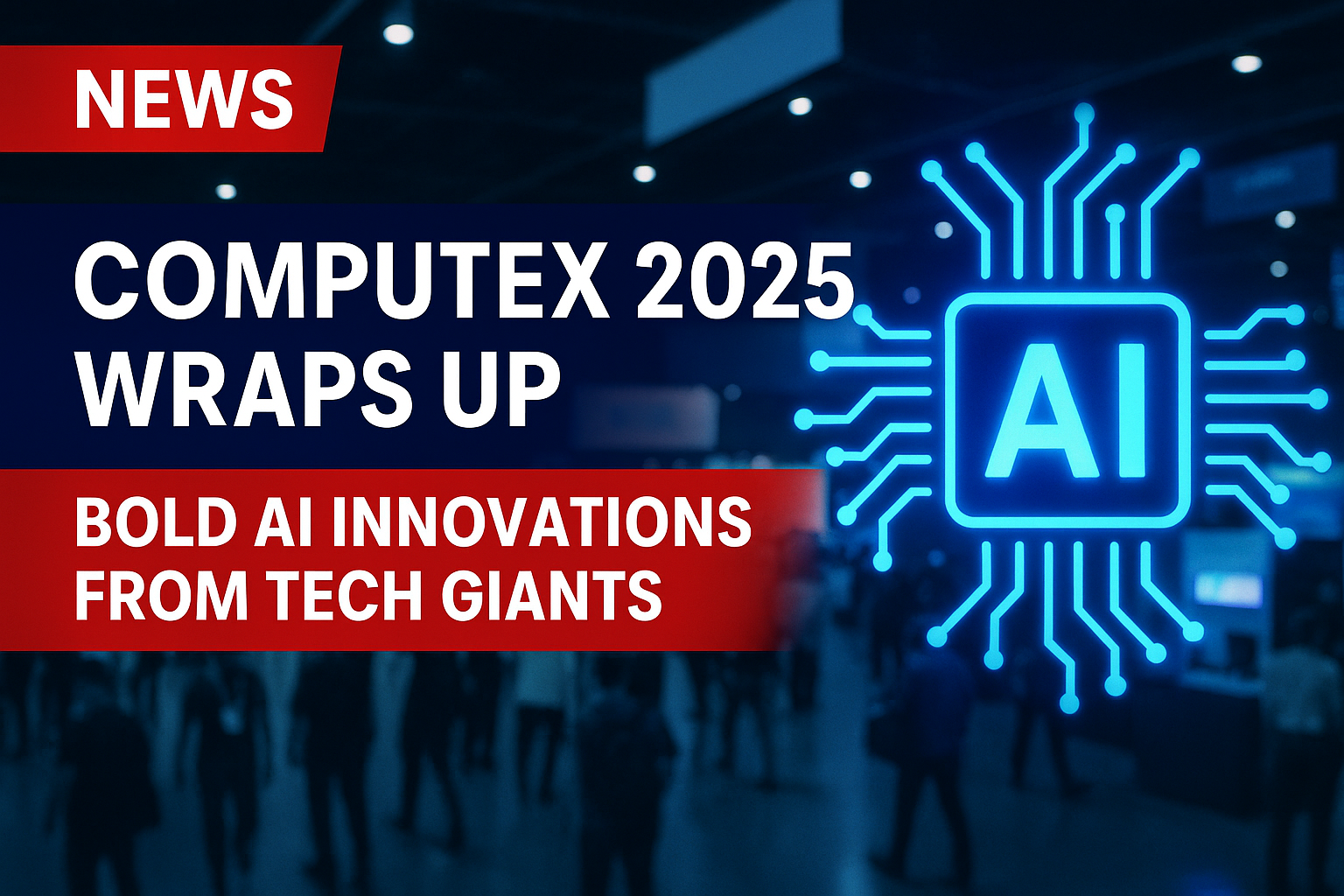
Investors continued to pour capital into artificial intelligence startups this week, funding companies that build the infrastructure supporting the creation and deployment of advanced models and the applications those models power.
Crusoe Energy Systems Powers AI Sustainably
Crusoe Energy Systems led the month’s fundraising with a $1.38 billion round that pushed its valuation above $10 billion, according to Reuters. The Denver-based company operates large data centers designed specifically for AI workloads and powered in part by natural gas that would otherwise be burned off at oil sites. By converting this wasted energy into electricity for computing, Crusoe reduces emissions while cutting the cost of training and running large AI models.
As model sizes grow and energy consumption becomes a key cost driver, Crusoe’s approach is proving attractive to investors looking for scalable, sustainable infrastructure. With new backing from Valor Equity Partners, Mubadala, Nvidia and Fidelity, the company plans to expand its U.S. operations and build additional facilities optimized for high-density compute.
OpenEvidence Helps Doctors Save Time
Healthcare startup OpenEvidence raised $200 million in Series C funding at a $6 billion valuation, as reported by Forbes. Founded in 2022, the company provides an AI assistant for clinicians that draws from trusted medical sources, including The New England Journal of Medicine and JAMA, to answer clinical questions with concise, evidence-based summaries.
Unlike generic AI tools, OpenEvidence is trained exclusively on peer-reviewed research and designed to support professional decision-making rather than consumer queries. Verified clinicians can use it free of charge, with the platform supported by advertising from healthcare and pharmaceutical companies. The product’s simplicity, a single search bar that delivers citations, summaries and clinical interpretations, has fueled its growth to about 15 million consultations per month, nearly double its user volume from earlier this year.
Investors, including GV, Sequoia and Thrive Capital, see OpenEvidence as part of a larger trend toward domain-specific AI platforms that embed specialized knowledge directly into professional workflows. Its rapid growth shows that professionals are willing to adopt AI systems when the technology is transparent, evidence-based and tailored to their needs. The company’s next phase includes expanding its clinical database, adding new languages and exploring partnerships with hospitals and insurers.
LangChain Simplifies How Developers Build Agents
LangChain, an open-source framework that underpins many of today’s AI “agent” applications, raised $125 million at a $1.25 billion valuation, the company announced in its three-year anniversary post. The company started as a small developer library for connecting language models to tools and data, but it has evolved into a full platform that helps businesses create assistants capable of completing tasks autonomously.
Instead of requiring companies to write complex code, LangChain offers modular building-block components that handle reasoning, memory and tool use so developers can assemble powerful AI workflows with less effort. The platform is now widely used in enterprise automation, customer service and research applications. By lowering the technical barrier to building AI agents, LangChain allows startups and corporations alike to integrate advanced decision-making capabilities into their operations.
The new funding, which brings the company’s valuation into unicorn territory, will support the expansion of LangSmith, its observability and testing tool, and strengthen partnerships with enterprise clients.
Avride Expands Autonomous Mobility
Austin-based Avride secured commitments of up to $375 million from Uber Technologies and Nebius Group, according to a news release. The company develops both self-driving vehicles and delivery robots using a shared software platform, which allows it to apply the same technology stack to different mobility applications.
Avride’s systems already power Uber Eats deliveries in several U.S. cities, and the company plans to launch a robotaxi service in Dallas by the end of 2025. Its approach combines hardware integration with real-time mapping and route optimization, designed to make urban transport safer and more efficient. The company’s partnership with Uber gives it immediate access to a vast logistics network and customer base, offering a clear path to commercialization.
The latest funding will be used to expand manufacturing capacity, hire additional engineers and accelerate the testing of its delivery robots and autonomous cars. With growing demand for efficient last-mile delivery and round-the-clock transport, Avride’s blend of AI, automation and logistics could help define how autonomous mobility becomes part of everyday life.
Source: https://www.pymnts.com/




